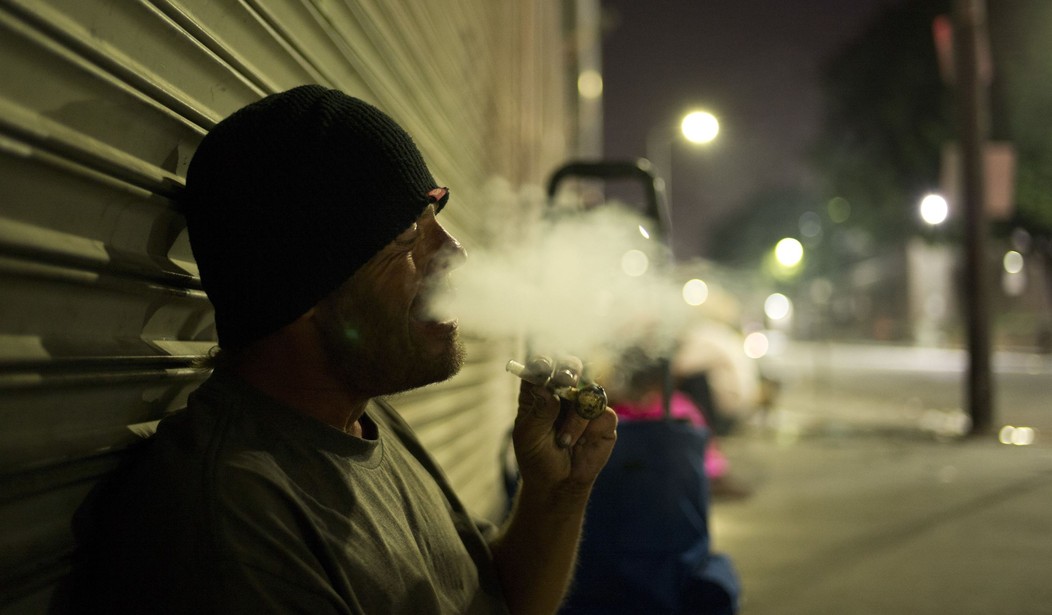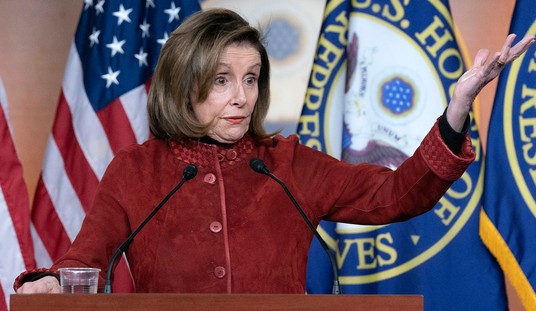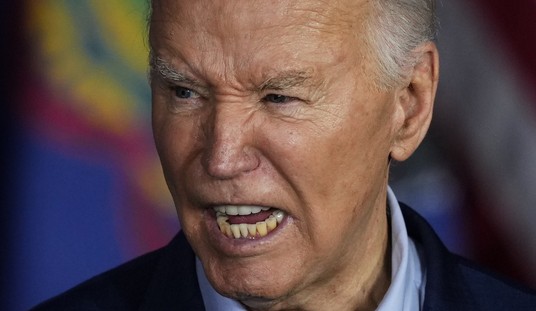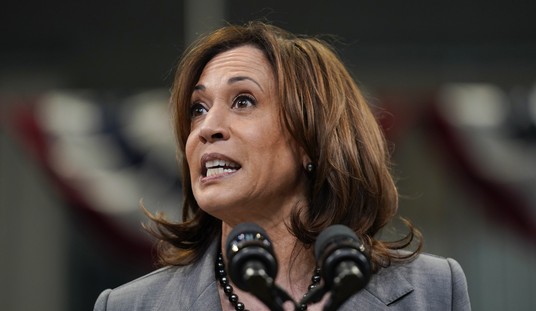On Monday, Oregon's Democratic Governor Tina Kotek signed into law House Bill 4002, reverting the possession of small amounts of drugs back into a criminal offense and marking the end of a pioneering decriminalization experiment plagued by implementation challenges.
The new law reverses the Drug Addiction Treatment and Recovery Act (Measure 110) approved by voters in 2020. While several states had marijuana legalization on their ballots that year, Oregon stood out. The New York Times described its proposal as "one of the most radical drug law overhauls in American history."
Measure 110 ensured that simple drug possession was responded to with a ticket of no more than $100 and a referral to services. HB 4002 reclassifies the "personal use" possession of drugs such as cocaine, heroin, fentanyl, and methamphetamine to be a misdemeanor punishable by up to six months in jail.
Additionally, the new law grants police the authority to seize drugs, and prohibit open use use in public parks and on sidewalks. It also encourages law enforcement agencies and prosecutors to direct individuals convicted of possession to drug treatment programs, avoiding the criminal justice system through a process known as "deflection."
Several Democrats had aimed to mandate diversion as part of the legislation. Instead, the law permits a county-by-county strategy, as a concession made by lawmakers in order to gain support from law enforcement organizations. Currently, officials in 23 out of Oregon's 36 counties have committed to implementing some form of deflection program.
In Kotek's three-page signing letter, she seemed to acknowledge the challenges posed by a law that grants individual counties extensive authority to devise their own methods for executing the policy, and the need for cooperation, writing,
Success of this policy framework hinges on the ability of implementing partners to commit to deep coordination at all levels. Courts, Oregon State Police, local law enforcement, defense attorneys, district attorneys, and local behavioral health providers are all critical to these conversations and necessary partners to achieve the vision for this legislation.
Measure 110 allocated a substantial amount of the state's cannabis tax revenue, totaling hundreds of millions of dollars, towards addiction services. State auditors found that there were delays in distributing the funds, and health authorities, already grappling with the COVID-19 pandemic, encountered challenges in implementing the new treatment system.
Meanwhile, the fentanyl crisis led to a rise in daily fatal overdoses. By late 2023, opioid-related deaths had risen to 955, marking a surge from the 280 deaths reported in 2019.
These pressures compelled Oregon Democrats to reevaluate their position on decriminalization policy in recent months. HB 4002 received strong support in the House with a vote of 51-7 and similarly in the Senate with a vote of 21-8., passing the Democrat-controlled legislature in March.
Oregon's GOP leaders had long been advocating for an overhaul of Measure 110. Following Kotek's signing, House Minority Leader Jeff Helfrich emphatically stated that the law demonstrated the Republicans "stood united and forced Democrats” to reinstate criminal penalties.
The changes are set to take effect on September 1st.
Read More:
Real Life Smacks Oregon Democrats Upside the Head As Bill to Recriminalize Drugs Heads to a Vote













Join the conversation as a VIP Member